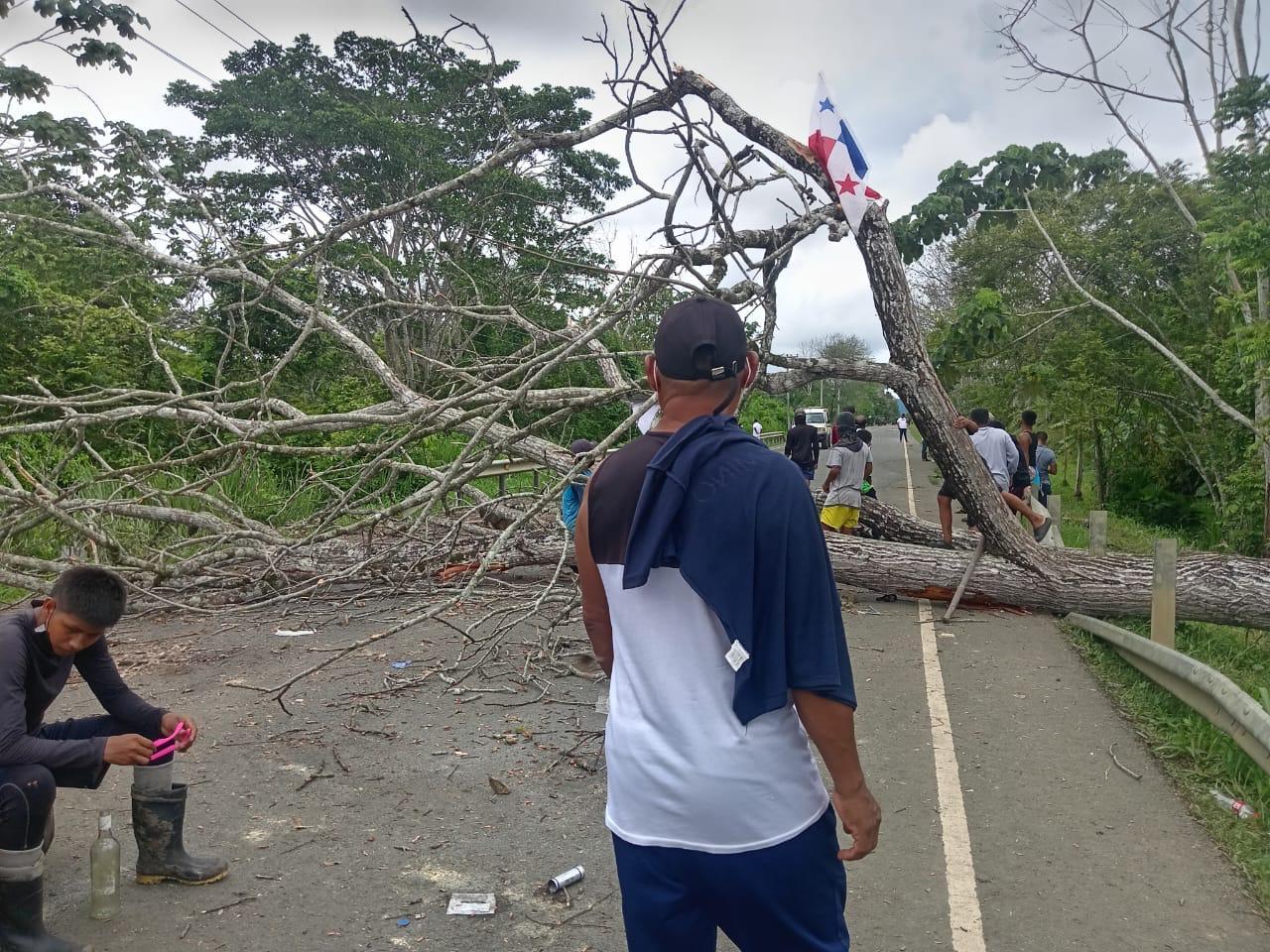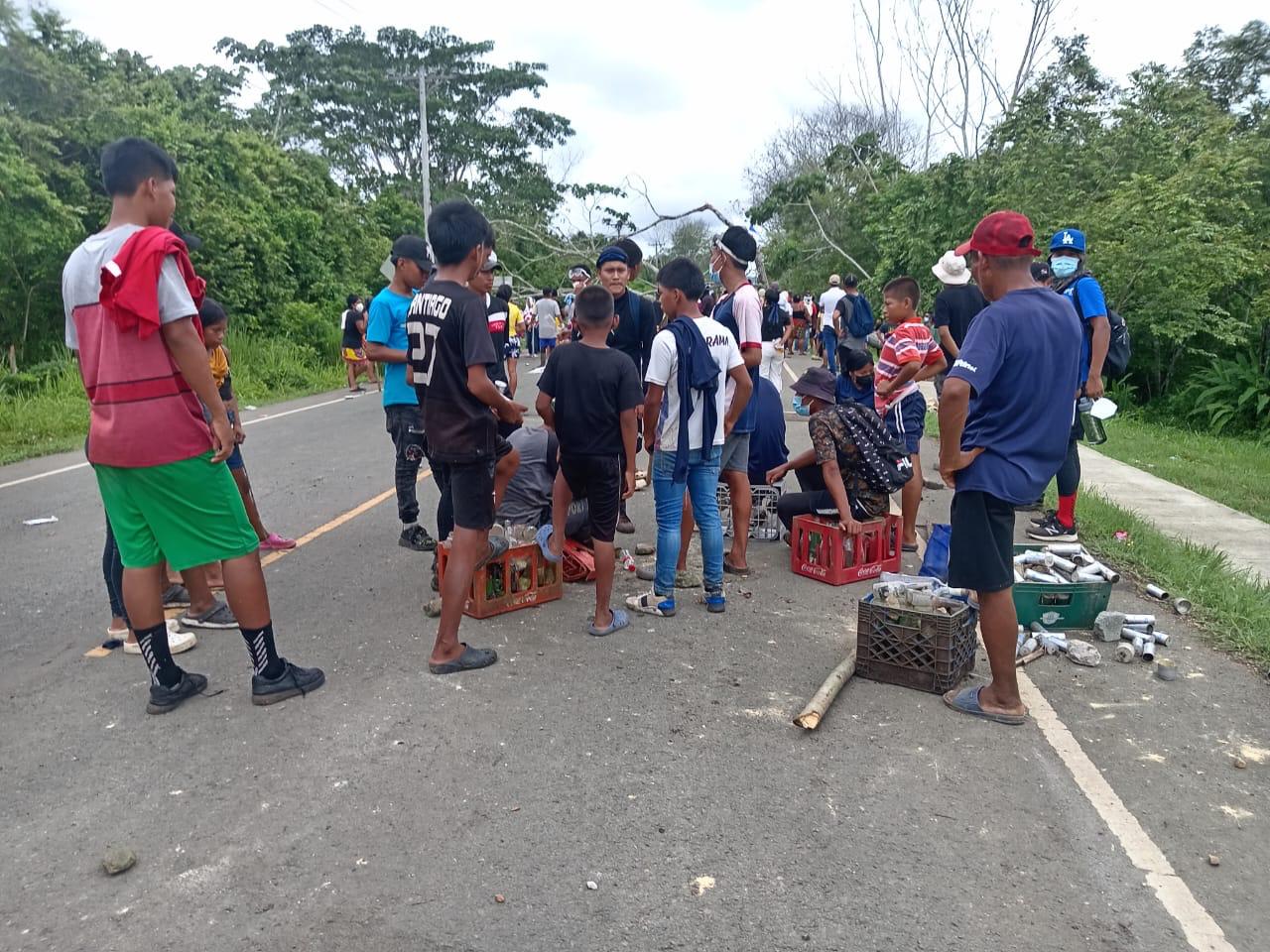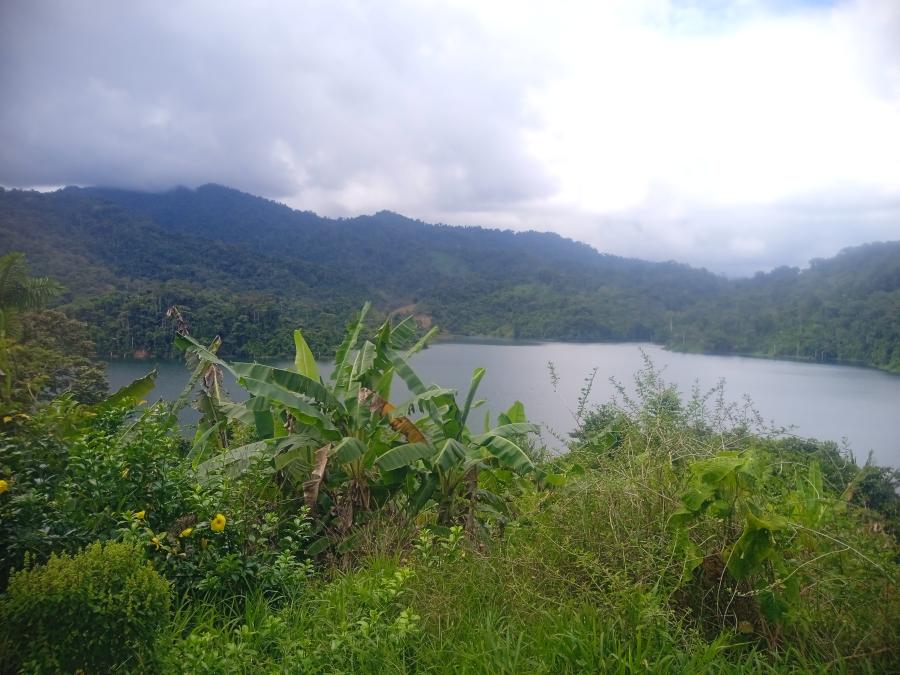
By CS STAFF
Since late April 2025, Panama has experienced a wave of social mobilizations led by various sectors expressing their rejection of legislative reforms imposed by the State, particularly Law 462 on the Disability, Old Age, and Death (IVM) program of the Social Security Fund (CSS), the reopening of metal mining, and agreements with foreign powers that would affect the country's sovereignty.
Indigenous Peoples are once again the target of disproportionate institutional violence that violates their individual and collective rights. The Ngäbe-Buglé and Emberá communities in particular have suffered an escalation of repression since May 14, with police incursions into their communities, arbitrary raids, arrests without due process, and excessive use of force, including the use of firearms, tear gas, and pellets. According to information gathered by local organizations and firsthand accounts, at least two young people have been seriously injured, more than 80 people have injuries of varying severity, and at least 25 arrests have been reported, with no clarity regarding their legal or physical status. One of the most serious cases is that of Ngäbe university student Jaiko Castillo, who remains in critical condition after being shot during a peaceful protest.
On May 17, violent repression against members of the Emberá people was reported in the community of Arimae, Darién province. The operations involved helicopters, long-range weapons, and tear gas, generating terror and forced displacement. Children, women, and the elderly were affected. Days earlier, Ngäbe-Buglé communities had already been subjected to similar violence in towns such as Tolé, Viguí, El Prado, Trinidad, Ojo de Agua, and El Piro.

In response, various Indigenous congresses and organizations have issued strong statements. The Guna Yala General Congress, through a symbolic and peaceful action on May 21, held a march in Panama City as an expression of solidarity with its sister peoples and demanded that the Panamanian state respect social protest, immediately end the repression, and repeal the rejected reforms. The National Coordinator of Indigenous Peoples of Panama (COONAPIP), an organization that represents the seven Indigenous Peoples recognized by the Panamanian State and that brings together the 12 regional territories and Indigenous collective lands through their traditional congresses and councils, held a press conference on May 19, 2025. In its statement, COONAPIP denounced the systematic violation of human rights, the excessive use of force by riot squads, and expressed its deep concern about the stigmatization of Indigenous Peoples as "enemies of the State." They also demanded that the Panamanian government stop the repression, respect democratic principles, and guarantee spaces for real dialogue, free from coercion. COONAPIP reiterated its call for respect for international treaties and conventions on human rights and Indigenous Peoples.
These actions by the Panamanian State violate the provisions of the United Nations Declaration on the Rights of Indigenous Peoples (Articles 7, 8, 10, and 19), which guarantee the right to life; physical integrity; self-determination; Free, Prior and Informed Consent, and protection from forced displacement. Although Panama has not ratified ILO Convention 169, its constitutional framework and international human rights commitments require respect and protection for Indigenous Peoples. Furthermore, the International Covenant on Civil and Political Rights and the American Convention on Human Rights, both binding on the Panamanian state, protect the rights to peaceful protest, freedom of expression, and freedom from arbitrary detention or excessive use of force. From a gender perspective, it is notable that Indigenous women, being at the forefront of many of these community resistance actions, face a double burden: they are targets of state violence and, at the same time, the pillars of their families and collective struggles. In contexts of repression, they and their children suffer the most severe consequences of forced displacement, criminalization, and lack of access to health services, psychosocial care, and justice. The impact of state violence on Indigenous girls also deserves special attention, given its devastating long-term effect on the community’s social fabric and the full exercise of their rights.
Cultural Survival, in its commitment to promoting and defending the rights of Indigenous Peoples worldwide, joins the urgent call to the international community, the human rights mechanisms of the United Nations System, and the Inter-American System, to closely monitor the situation in Panama, demand an end to state violence, the release of those unjustly detained, and the establishment of a binding, intercultural, and respectful dialogue with Indigenous Peoples. We reaffirm that social protest is not a crime and that Indigenous Peoples have the right to demonstrate freely when their territories, autonomy, cultures, and lives are in danger.

